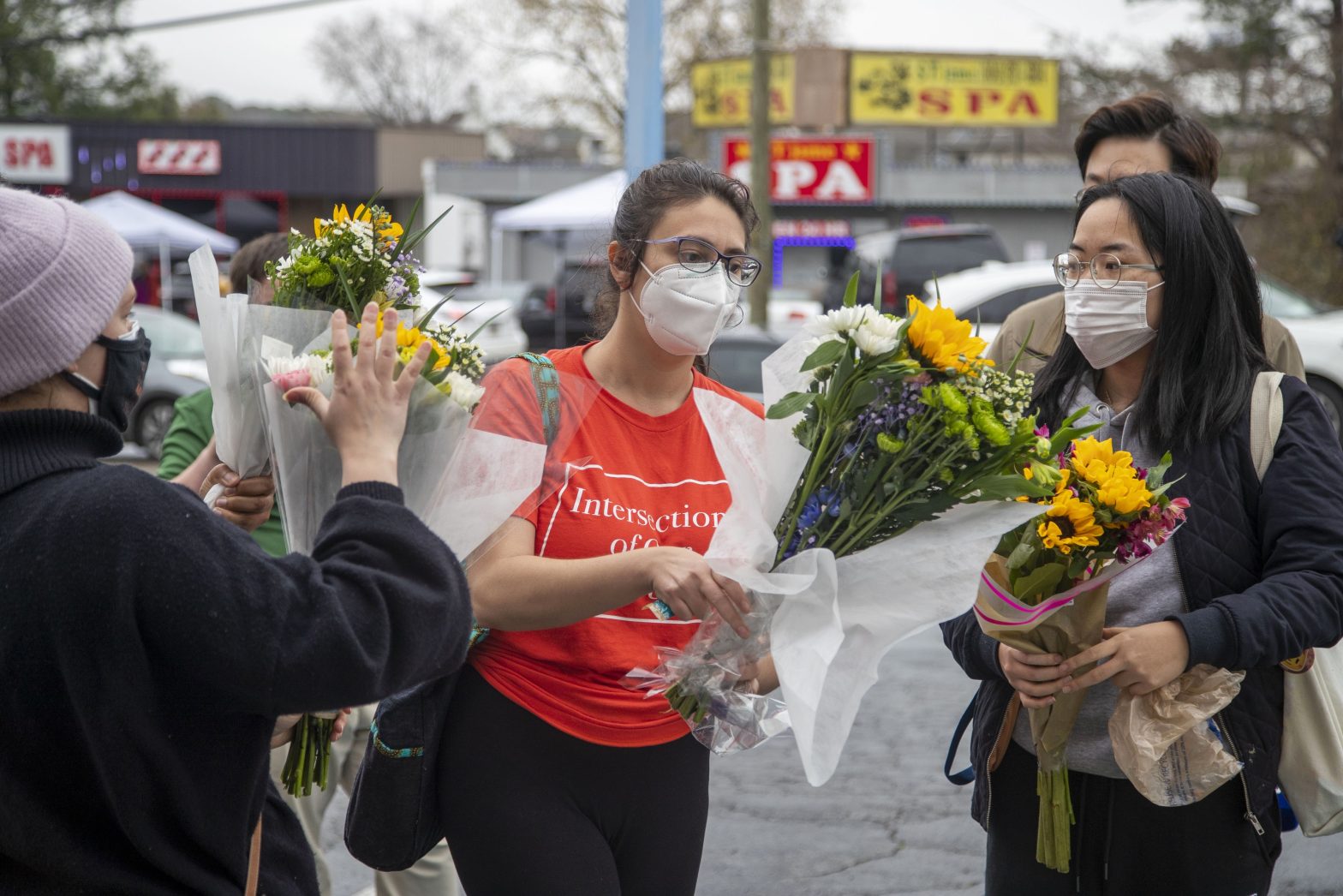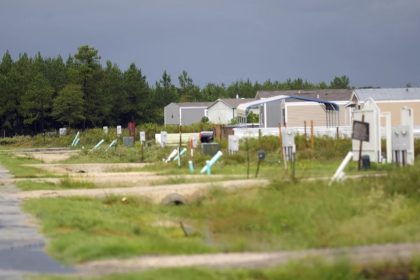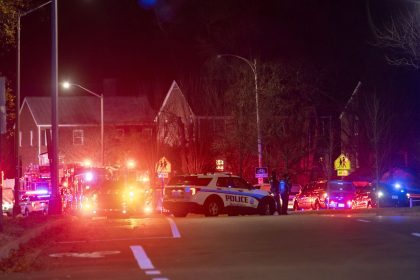Asian Americans Seek Protection Against Hate Crimes

WASHINGTON — The day before actor Daniel Dae Kim testified to Congress Thursday about hate crimes against Asian Americans, he talked about an attack on his sister while he was being interviewed on CNN.
“She was running in her own neighborhood when a man driving a car came up to her and yelled at her to get on the sidewalk when she was running on the shoulder,” Kim said on Cuomo Prime Time. “She said she would do that, and the man then backed up and hit her with the car. My sister turned around and was shocked, and told him that ‘You just hit me,’ he backed up the car, and as my sister was walking away, hit her again, knocking her to the ground.”
Kim’s sister survived the 2015 attack and pressed charges, but the driver was convicted only of reckless driving.
The actor, who is best known for his roles in the television shows Lost and Hawaii Five-0, blamed anti-Asian sentiment for the inability to prosecute the driver on more serious charges of committing a hate crime.
He mentioned other attacks against Asian Americans during his testimony to a House Judiciary subcommittee, such as the shootings in Atlanta a day earlier that killed eight people, six of them Asian American women.
“So we know the hurdles we face,” Kim said. “The question we face here is, what can we do about them.”
In the past year, there have been about 3,800 hate crimes against Asian Americans, according to a recent report from the advocacy organization Stop AAPI Hate. AAPI stands Asian Americans and Pacific Islanders.
Most of the hate crimes were related to antagonism created by the COVID-19 pandemic that started in Wuhan, China.
Sixty-eight percent of them consisted of verbal abuse, according to Stop AAPI Hate. Eleven percent of them were acts of violence, such as pushing, beatings, knifings and murder.
Manjusha P. Kulkarni, executive director of Stop AAPI Hate, summed up the animosity toward Asian Americans by describing it as a feeling they should “Go back to Wuhan and take the virus with you.”
Several bills are pending in Congress to confront challenges of the estimated 150 percent increase in hate crimes against Asian Americans in the past year.
One is called the No Hate Act. It would provide grants to community organizations that try to reduce hate crimes, offer counseling to persons convicted of hate crimes and fund better data collection by states on hate crimes.
Another is titled the COVID-19 Hate Crimes Act. It would assign a “point person” at the Justice Department to accelerate review of hate crimes related to COVID-19 and support state and local law enforcement agencies that respond to them.
The COVID-19 Hate Crimes Act was co-sponsored by Rep. Grace Meng, D-N.Y., who testified before the subcommittee on the Constitution, civil rights and civil liberties.
“For over a year, Asian Americans have been fighting an additional virus of hate and bigotry,” Meng said.
She directed some of her harshest comments at Rep. Chip Roy, R-Texas, who spent most of his time criticizing China rather than denouncing hate crimes against Asian Americans.
“This hearing was to address the hurt and pain of our community and to find solutions, and we will not let you take our voice away from us,” Meng said as she raised her voice.
Roy described China’s Communist Party as “the bad guys.”
“I think what they did to hide the reality of this virus is equally deserving of condemnation,” Roy said.
He also said any efforts to protect Asian Americans should be directed at crimes against them rather than statements or other speech that criticizes them.
“We shouldn’t have to worry about a committee of Congress policing our rhetoric,” Roy said. “When we start policing free speech, we’re doing the very thing we’re condemning.”
On Thursday, President Joe Biden ordered flags to be flown at half-staff to honor the victims of the shootings Tuesday evening in Atlanta.
























